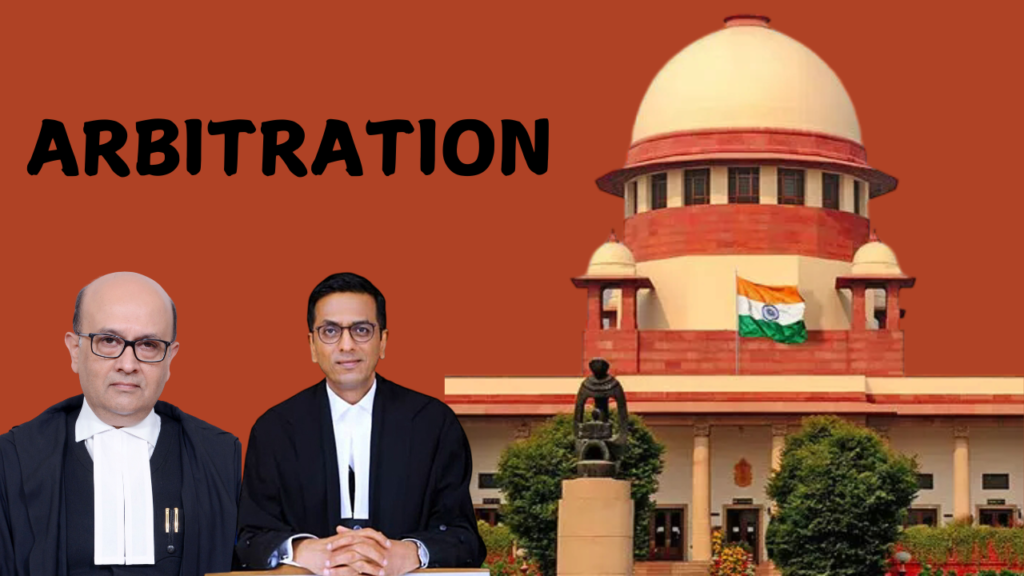Aastha Pareek
On November 8, 2024, a Division-Bench of the Supreme Court of India, comprising Chief Justice Dr. D.Y. Chandrachud and Justice Manoj Misra, clarified the extent of judicial intervention permissible when considering applications for appointing arbitrators under Section 11(6) of the Arbitration and Conciliation Act, 1996. This case, Lifeforce Cryobank Sciences Inc. v. Cryoviva Biotech Pvt. Ltd., involved a dispute regarding the enforcement of arbitration agreements, particularly where the petitioner claimed to have inherited rights through an asset purchase.
Lifeforce Cryobank Sciences Inc. (petitioner) sought arbitration against Cryoviva Biotech Pvt. Ltd. (respondent) based on agreements that included an arbitration clause. Lifeforce argued that, as the successor of Cryobank International, Inc., it stepped into the contractual rights of Cryobank, USA. However, Cryoviva contended that the agreements were non-assignable without consent, which they had not provided, thus challenging the petitioner’s status as a legitimate party to the arbitration.
The Court focused primarily on the “existence” of an arbitration agreement, citing the recent amendment under Section 11(6A), which mandates that courts confine themselves to examining only whether an arbitration agreement exists when deciding an appointment under Section 11(6). Justice Misra emphasized, “At the stage of consideration of a prayer under Section 11(6) of the 1996 Act, the Court has to confine itself to the examination of the existence of an arbitration agreement… it would not be appropriate for us to delve deep into the issue as it could well be considered by the arbitrator on the basis of evidence led by the parties.”
This directive aligns with precedents set by Duro Felguera S.A. v. Gangavaram Port Ltd. (2016) 9 SCC 727 and Vidya Drolia v. Durga Trading Corporation (2021) 2 SCC 1 which similarly highlighted that detailed examination of contractual disputes or enforceability is best left to arbitrators. The Court explicitly chose not to rule on whether Lifeforce was indeed the successor in interest, leaving this matter to be resolved in the arbitration proceedings.
Given that the arbitration agreement’s existence was undisputed within the licensing and shareholders’ agreements, the Court directed the matter to the Delhi International Arbitration Centre to appoint a sole arbitrator. It clarified that this procedural move does not imply any view on the merits of the case, leaving all substantive issues open for adjudication by the arbitrator.
This ruling reinforces the Indian judiciary’s pro-arbitration stance, limiting its role in Section 11(6) applications to avoid interference in arbitral jurisdiction. It strengthens the principle of Kompetenz-Kompetenz, promoting an arbitration-friendly environment in India by allowing arbitrators to decide their jurisdictional scope and the parties’ substantive claims, thus streamlining the arbitration process and reducing delays in commercial dispute resolution.
Case Name:- Lifeforce Cryobank Sciences Inc. v. Cryoviva Biotech Pvt. Ltd.
Case Number:- ARBIT.PETITION No.-000015 – 2018
Bench:- Chief Justice Dr. D.Y. Chandrachud and Justice Manoj Misra.

